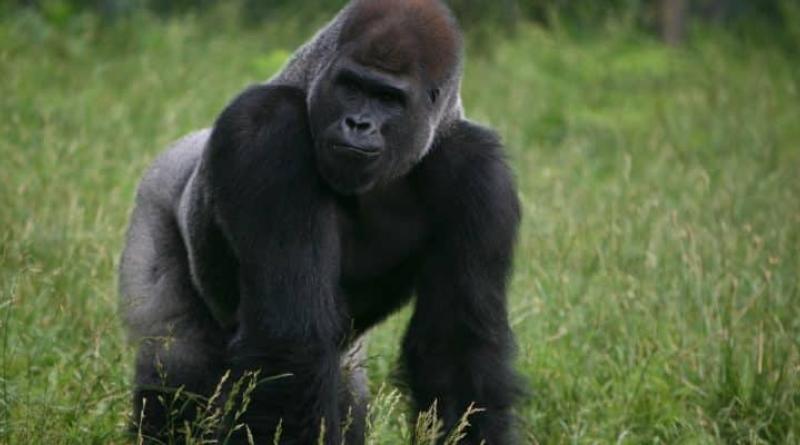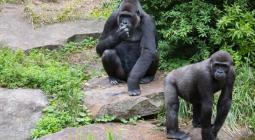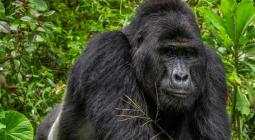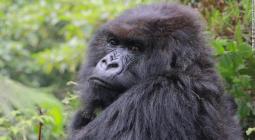CONGO: Nouabalé-Ndoki Park receives Gorilla Friendly certification

Nouabalé-Ndoki National Park has been awarded Gorilla FriendlyTM certification. The award of this ecolabel means that the protected area in the north of the Republic of Congo guarantees the application of best practice in all tourism or research operations involving gorillas, to safeguard the well-being of the primates and ensure the active inclusion of the park's neighbouring communities.
Threatened by habitat loss and poaching, gorillas represent an important cultural, ecological and economic resource, the protection of which provides an opportunity to involve neighbouring communities. Those in charge of the Nouabalé-Ndoki National Park have understood this ecosystemic role. The protected area in the far north of the Republic of Congo has just been awarded Gorilla FriendlyTM certification.
Awarded by the Wildlife Friendly Enterprise Network (WFEN) and the International Gorilla Conservation Programme (IGCP), this certification is obtained after a process of verification of protocols and their application in the field, and requires an annual audit. It ensures that the management of Nouabalé-Ndoki National Park follows the International Union for Conservation of Nature (IUCN) guidelines on best practice for great ape tourism and incorporates the criteria of the World Council on Sustainable Tourism.
“Gorilla Friendly” certification rewards decades of work devoted to habituating four (and soon five) groups of gorillas to the presence of humans, which has led to major advances in our understanding of their ecology and social structures, and which enables the park to offer a unique tourist experience. ”The Wildlife Conservation Society (WCS), which has been managing Nouabalé-Ndoki National Park since 2014 under a public-private partnership (PPP) signed with the Congolese Ministry of Forest Economy, is delighted.
In February 2023, the park was expanded to include the Triangle de Djéké, an unlogged forest rich in gorillas, home to the three habituated gorilla groups and the Mondika research site. The Djéké Triangle includes a community sustainable use zone, allowing for the continued collection of non-timber forest products and traditional fishing.





